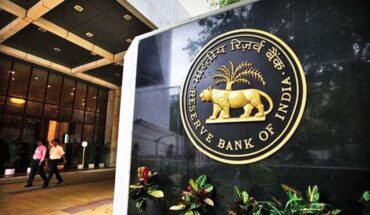The Commonwealth Games (CWG), alluding to a happily ever-after between England and its former colonies, may have its legacy issues. And in terms of the competitive yardstick, with the obvious absence of the United States of America, Russia and China, the CWG is considered a notch below the Olympics and the Asian Games. Yet, the CWG has a certain value in being a multi-nation quadrennial event that pits a disparate group of countries split by continents and fused by a shared past linked to the British Empire. It offers athletes one more shot at glory besides inspiring their fans to pursue sport with added vigour. In the latest edition that concluded at Birmingham on Monday, India with a medal haul of 61, inclusive of 22 golds, was placed fourth while Australia, host England and Canada led the charts. With shooting excluded from the CWG, India lost out on an additional yield. Most Indian medals told a tale etched by hope, diligence and hard work. If Sharath Kamal’s table tennis exploits, even at 40, proved that sportspersons can fight the dimming light, weightlifter Sanket Sargar’s silver in the men’s 55kg segment, showed that financial difficulties cannot derail a focused athlete. Four years ago, Sanket used to sell paan from a tiny shop at Sangli in Maharashtra, and his is a story that needs to be cherished. Similar is the personal history linked to weightlifter Achinta Sheuli, who won gold in the 73kg division. Achinta, his brother Alok and mother did embroidery. The siblings also worked in the fields, fighting poverty and coping with the demise of their father. Like Sanket, Achinta’s too is a story of hope and redemption. That sport is not always war minus the shooting was evident when Neeraj Chopra effusively praised Pakistan’s Arshad Nadeem, who won gold in the men’s javelin. The latest success in the CWG, should hold the Indian athletes in good stead as they prepare for next year’s Asian Games in China.





